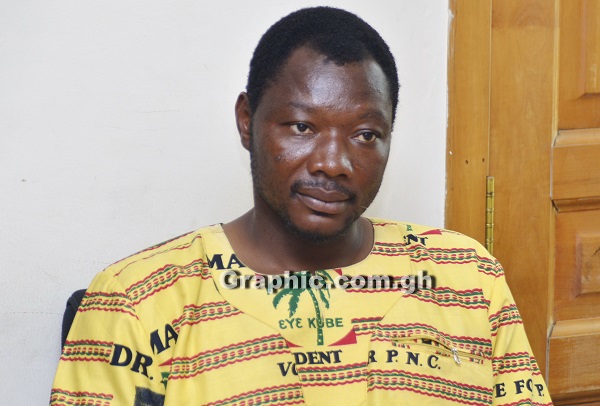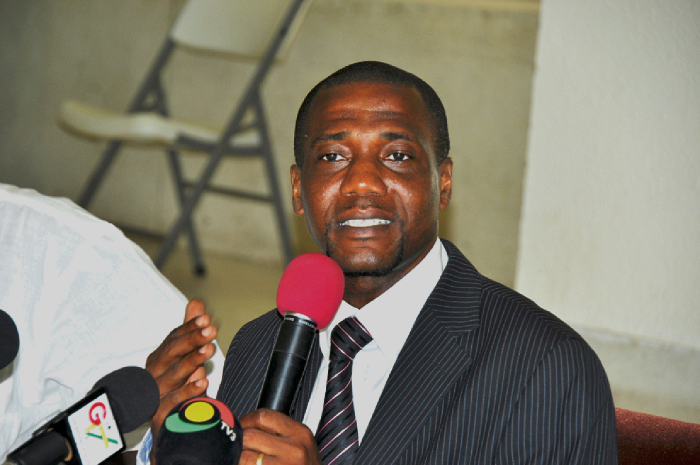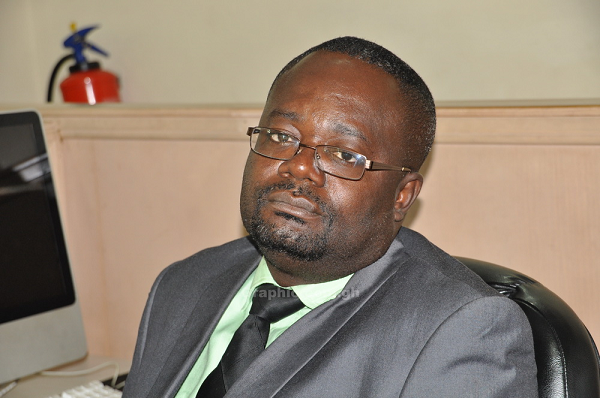
Parties share views on mid-year budget review
With the mid-year budget review set to be presented by the Finance Minister, Mr Ken Ofori-Atta, to Parliament today, more political parties have shared their perspectives with the Daily Graphic in separate interviews.
On Wednesday, the NDP, PPP, GCPP, GFP and APC declared their stands on the expected increases in taxes in today’s presentation.
The Convention People’s Party (CPP) the People’s National Convention (PNC) and an independent candidate in the 2016 election have also kicked against any attempt by the government to increase taxes as part of the mid-year review budget to be presented today to Parliament while the Liberal Party of Ghana (LPG) favours an increment.
The First Vice Chairperson of the CPP, Hajia Hamdatu Ibrahim, said if the government pursued the option of increasing taxes, then it had effectively told Ghanaians that it could not be trusted to manage the affairs of the country.
According to her, the New Patriotic Party (NPP) promised to move the country from taxation to production and catalogued a number of initiatives it would undertake in achieving that, pointing out that rather than raising taxes the government ought to tell Ghanaians what it had achieved by way of the promises of the one district, one factory, planting for food and jobs among others.
Account for the tangibles
“What the government must do is to show us the tangibles of what it promised. They promised a number of things and they should account first,” she posited.
She was of the view that Ghanaians were already over-taxed and that any increment would only serve to worsen the plight of the already suffering Ghanaian.
She said the Minister of Finance in last year’s budget abolished some taxes for the relief of Ghanaians and so increasing taxes this time round would effectively truncate the relief that was occasioned by the abolition of those taxes.
However, she said, if the government decided to go ahead with the tax increment, then it would amount to “giving with the right hand and taking back with the left hand.”
Hajia Hamdatu said there were a number of loopholes in the revenue mobilisation and expenditure of the state that ought to be addressed and that if well addressed, it would result in abundant resources to undertake development without increasing the taxes.
For her, increasing the Value Added Tax (VAT) would have the effect of an added burden on Ghanaians, since VAT affects everyone, especially the ordinary person.
But for the CPP, she said, they would be waiting to hear what the finance minister would say about the mid-year review: whether the budget would be progressive in taking the country from taxation to production or would only serve to bring more taxation.
Increment not justified
An Independent Candidate in the 2016 election, Mr Jacob Osei Yeboah, said taxes were good as long as the money raised was for a good cause but maintained that in the current case, any attempt by the government to increase taxes would not be justified.
His stance was backed by the fact that there was too much corruption in the system that remained unchecked thereby draining national resources.
Once corruption was contained, he stressed, the country would have all the money it required to undertake comprehensive development of the country.

Making reference to the New Patriotic Party (NPP) and the National Democratic Congress (NDC), he stated that whenever the two political parties were in power, they always provided justification for either introducing new taxes or increasing existing ones but Ghana had remained the worse for it.
More taxes could bring depression
Mr Yeboah said the government should only prove to Ghanaians that they were protecting the public purse and work at broadening the tax net.
Otherwise, he warned that the ramifications of a tax increase would lead to inflation which would bring about austerity and usher the country’s economy into depression for which Ghanaians would suffer.
What must be done, he explained, was to implement the suggestion of Dr Bawumia and concentrate on moving the country from taxation to production saying, “They should concentrate on the one district, one factory and the other interventions.”
But more importantly, he mentioned that there was the need for the government to make sure that the national identification system was up and functional, since that would be helpful in broadening the tax base and raking in more revenue.
National exercise
For his part, the National Chairman of the People’s National Convention (PNC), Mr Bernard Mornah, said the mid-year review budget was part of the national exercise to ensure that the country’s budget was not in disarray.
He added that the budget to be presented by the Finance Minister today was to ensure that “we achieve the targets of revenue expectation and expenditure patterns.”
However, he said from the rumour mill, it appeared that our nation was broke financially compelling the government to look for extra revenue to fix the broken and ailing economy.
That is leading to the new tax levels to be witnessed today, he stated, adding that “it appears import duties on some products and services will go up and the review budget may also tinker with the VAT and NHIS”.
As a way out, Mr Mornah argued that the ownership of the extractive sector must be re-looked at as a nation.
He disclosed that if Libya and Venezuela among other extractive-rich countries had done it, then there was no reason why Ghana, as a country, could not do same.
In his view, increased taxes for purposes of increase would only further suffocate the already impoverished citizen and impose untold hardship on them.
“So the PNC thinks further taxes are not the way to liberate people from poverty; government should rather look at the extractive sector and redefine the ownership.” he stated.

Sustaining Free SHS
The Founder and Leader of the Liberal Party of Ghana (LPG), Mr Kofi Akpaloo, has indicated that the mid-year budget review should detail how government would find ways of sustaining the free senior high school (SHS) policy.
The budget, he said, should “propose ways of funding the policy”.
According to Mr Akaploo, efforts to strengthen the policy should include an increment of 2.5 per cent of the Value Added Tax (VAT).
“What I expect from the budget is that, in order to sustain the free SHS there should be an addition of 2.5 per cent of the existing VAT, which is 17.5 per cent to make it 20 per cent,” he told the Daily Graphic.
The 2018 budget, for him, should introduce road tax for all vehicles as that would accelerate the development of the country.
“When you go to most developed countries such as the United States of America (USA) and other European countries, they pay road tax, so why can’t we do it here,” he noted.
